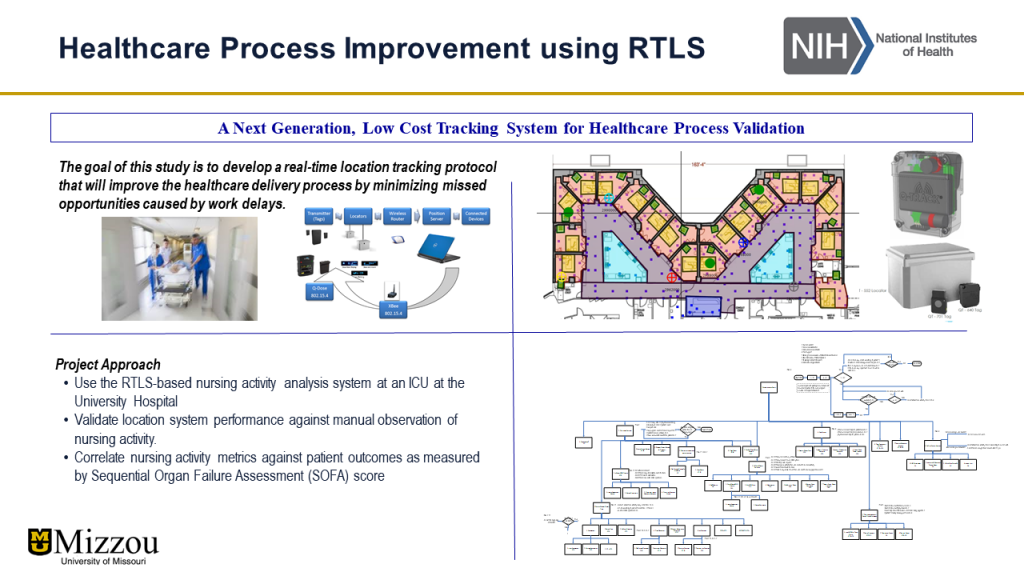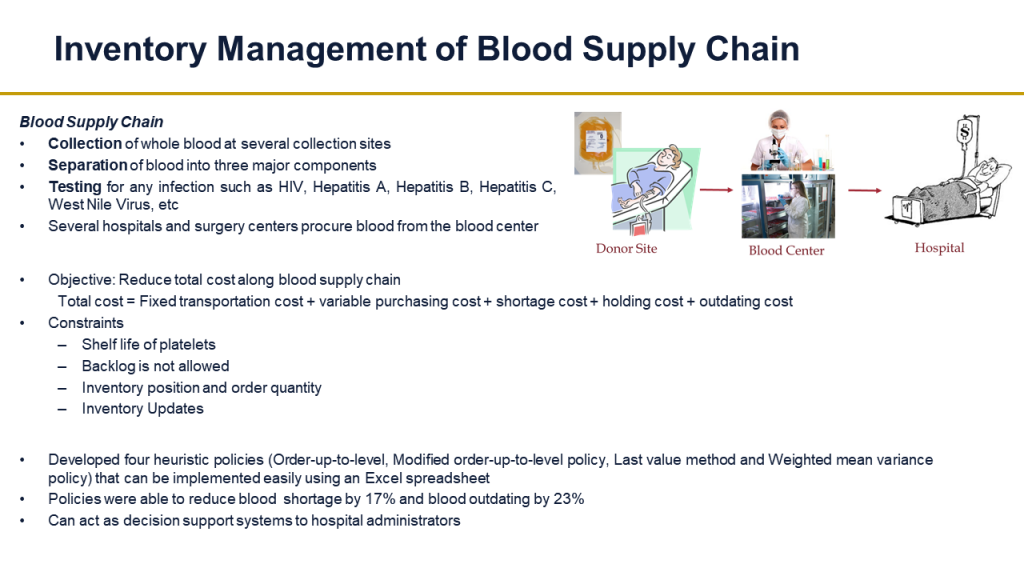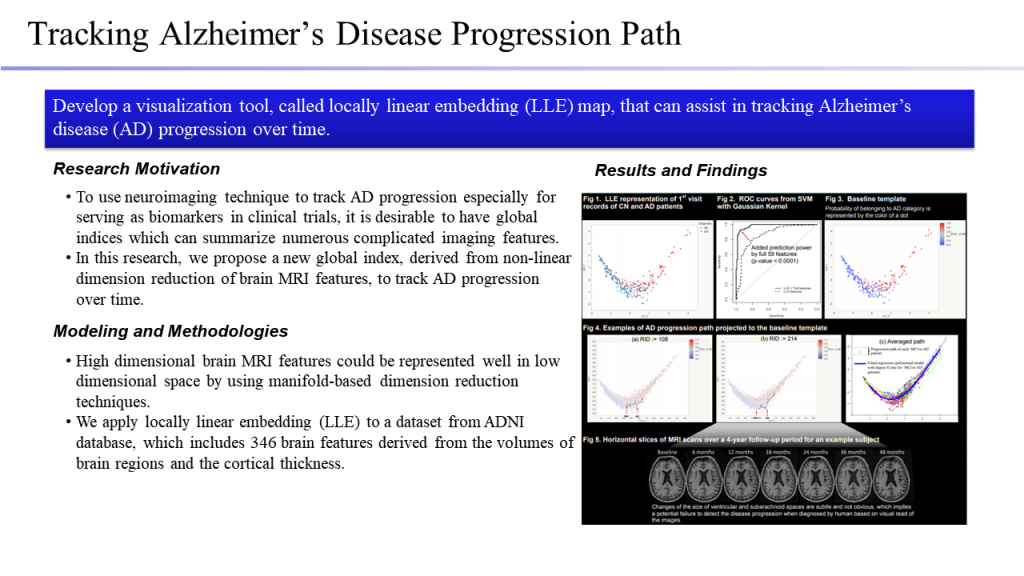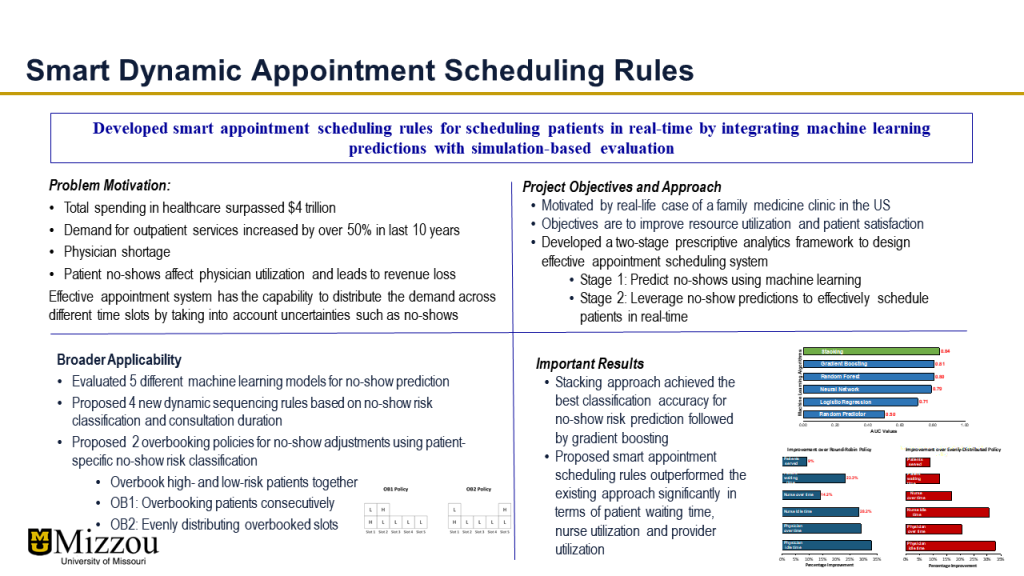Industrial engineers analyze and design healthcare delivery process by addressing process efficiency, productivity and patient access resulting in safer and more cost-effective systems.
Faculty
Jung Hyup Kim
- Healthcare Process Improvement using real-time location tracking (RTLS)
Suchi Rajendran
- Inventory Management of Blood Supply Chain
Kangwon Seo
- Tracking Alzheimer’s Disease Progression Path
Sharan Srinivas
- Smart Dynamic Appointment Scheduling Rules
Projects
Healthcare Process Improvement using RTLS
 Project Objectives
Project Objectives
The goal of this study is to develop a real-time location tracking protocol that will improve the healthcare delivery process by minimizing missed opportunities caused by work delays.
Project Approach
- Use the RTLS-based nursing activity analysis system at an ICU at the University Hospital
- Validate location system performance against manual observation of nursing activity.
- Correlate nursing activity metrics against patient outcomes as measured by Sequential Organ Failure Assessment (SOFA) score
Inventory Management of Blood Supply Chain
 Project Objectives
Project Objectives
- Reduce total cost along blood supply chain
- Total cost = Fixed transportation cost + variable purchasing cost + shortage cost + holding cost + outdating cost
Project Outcomes
- Developed four heuristic policies (Order-up-to-level, Modified order-up-to-level policy, Last value method and Weighted mean variance policy) that can be implemented easily using an Excel spreadsheet
- Policies were able to reduce blood shortage by 17% and blood outdating by 23%
- Can act as decision support systems to hospital administrators
Tracking Alzheimer’s Disease Progression Path
 Project Objectives
Project Objectives
To use neuroimaging technique to track AD progression especially for serving as biomarkers in clinical trials, it is desirable to have global indices which can summarize numerous complicated imaging features.
In this research, we propose a new global index, derived from non-linear dimension reduction of brain MRI features, to track AD progression over time.
Smart Dynamic Appointment Scheduling Rules
 Project Objectives
Project Objectives
- Motivated by real-life case of a family medicine clinic in the US
Objectives are to improve resource utilization and patient satisfaction
Project Outcomes
- Stacking approach achieved the best classification accuracy for no-show risk prediction followed by gradient boosting
Proposed smart appointment scheduling rules outperformed the existing approach significantly in terms of patient waiting time, nurse utilization and provider utilization